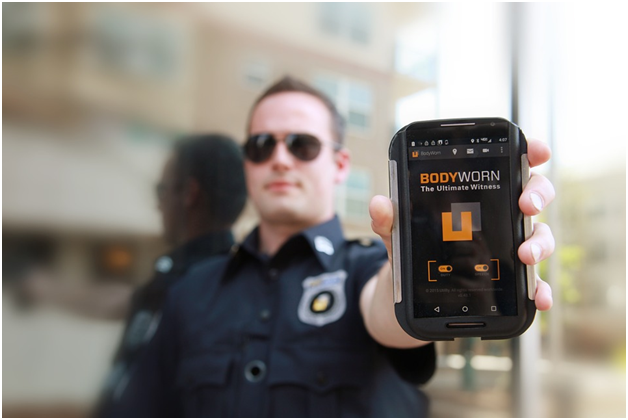Prosecutors and police in the UK are currently not able to supply statistics on the effectiveness and success of body cameras, despite millions being spent on this technology in recent years. Privacy group Big Brother Watch has said it is not possible to assess claims about the value of the equipment because there is no information on the role it has so far played in courts.

Big Brother Watch claims 71% of British police forces have, in total, so far spent £22.7 million on nearly 50,000 body cams.
Support for the Cameras
Groups that support the use of the body cameras claim the devices improve transparency and help reduce complaints against the police. A reduction in police complaints reduces the time and money spent conducting internal investigations, freeing up resources for other work. Supporters also claim that the cameras help speed up the justice process, and can encourage offenders to enter a guilty plea because they know there is camera footage of them committing a crime.
Various groups have attempted to obtain statistics relating to the success of the cameras, but police forces have said the relevant figures are not recorded centrally or are not easy to get hold of. The CPS, when asked for an explanation, reported that to provide detailed statistics, case records would have to be reviewed manually.
Issues with the Bodycams
Body worn cameras, such as those available from https://www.pinnacleresponse.com/, have become increasingly popular in recent years, and many officers prefer to work wearing one. There have been several issues, however, including reports from Scottish forces that the current system is plagued with problems. The BBC reports that more than 300 issues were logged, including problems with sharing data with the relevant authorities.
While there have clearly been issues with the rollout of the body cameras, such a major undertaking is bound to be accompanied by some teething problems. The Met police force began issuing 22,000 of its officers with the cameras in late 2016, in what was believed to be the largest rollout of this kind of technology in the world. While privacy groups continue to push for statistics on the use of the cameras, the system is still being rolled out among most of the country’s police forces, making it difficult to definitively comment on its effectiveness.





